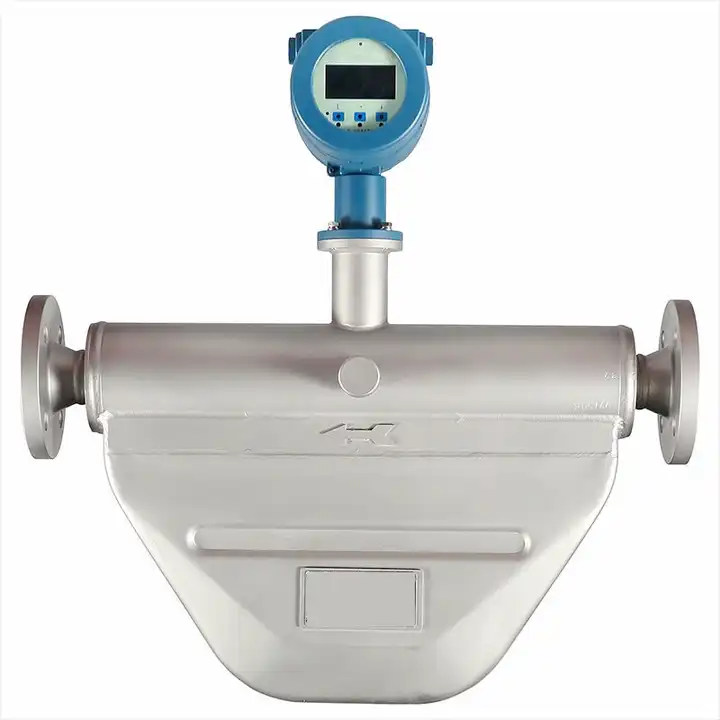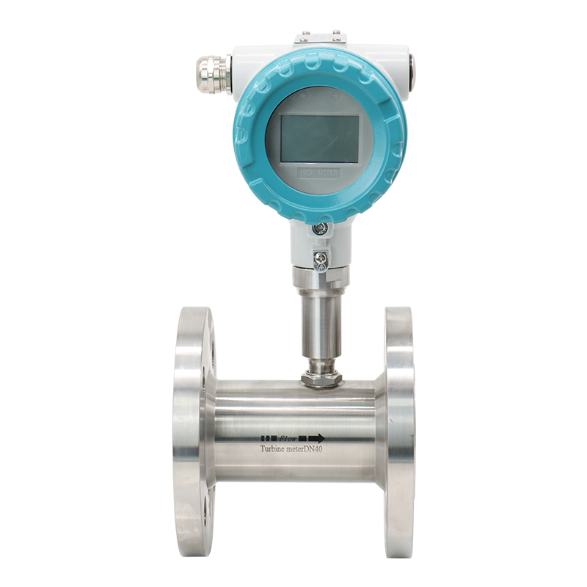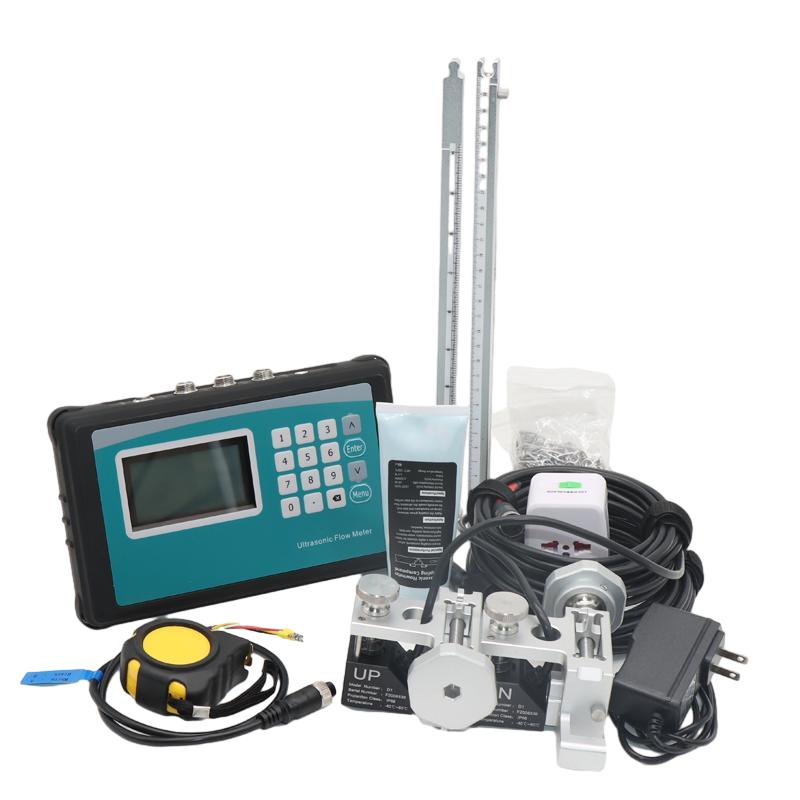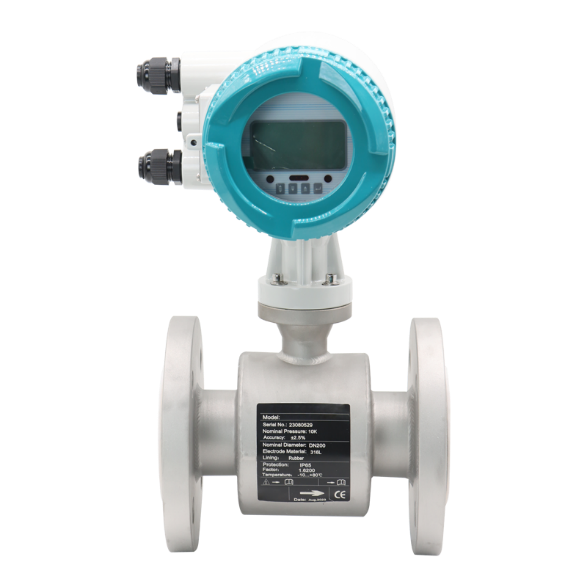What is the best flowmeter for measuring viscous fluids
2023-12-15
Choosing the best flowmeter for measuring viscous fluids depends on several factors, including the specific characteristics of the fluid, the flow rate, temperature, and the required accuracy of measurements. Here are some commonly used flowmeters for measuring viscous fluids:
Coriolis Mass Flow Meter:

Advantages: Can measure mass flow directly, and they are relatively insensitive to fluid properties. Suitable for both low and high viscosity fluids.
Considerations: May be more expensive than some other options.
Gear Flow Meter:
Advantages: Effective for measuring viscous fluids. Suitable for various viscosities.
Considerations: Maintenance and wear may be concerns.
Turbine Flow Meter:

Advantages: Can be used for measuring viscous fluids with consistent properties. They provide good accuracy.
Considerations: Susceptible to wear, may require filtration of the fluid.
Ultrasonic Flow Meter:

Advantages: Non-intrusive and can handle various fluid viscosities. Suitable for clean and homogenous fluids.
Considerations: May have limitations with certain types of fluids, and accuracy can be affected by air bubbles or impurities.
Magnetic Flow Meter:

Advantages: Suitable for conductive liquids, including viscous fluids. They provide good accuracy and are relatively low maintenance.
Considerations: Limited to conductive fluids, and the fluid should not contain air bubbles or gas.
When selecting a flowmeter, it's important to consider the specific requirements of your application, such as the viscosity range of the fluid, the flow rate, the required accuracy, and any environmental or installation constraints. Additionally, consulting with Aister manufacturers or specialists can help ensure that you choose the most suitable option for your specific needs.
Coriolis Mass Flow Meter:

Advantages: Can measure mass flow directly, and they are relatively insensitive to fluid properties. Suitable for both low and high viscosity fluids.
Considerations: May be more expensive than some other options.
Gear Flow Meter:
Advantages: Effective for measuring viscous fluids. Suitable for various viscosities.
Considerations: Maintenance and wear may be concerns.
Turbine Flow Meter:

Advantages: Can be used for measuring viscous fluids with consistent properties. They provide good accuracy.
Considerations: Susceptible to wear, may require filtration of the fluid.
Ultrasonic Flow Meter:

Advantages: Non-intrusive and can handle various fluid viscosities. Suitable for clean and homogenous fluids.
Considerations: May have limitations with certain types of fluids, and accuracy can be affected by air bubbles or impurities.
Magnetic Flow Meter:

Advantages: Suitable for conductive liquids, including viscous fluids. They provide good accuracy and are relatively low maintenance.
Considerations: Limited to conductive fluids, and the fluid should not contain air bubbles or gas.
When selecting a flowmeter, it's important to consider the specific requirements of your application, such as the viscosity range of the fluid, the flow rate, the required accuracy, and any environmental or installation constraints. Additionally, consulting with Aister manufacturers or specialists can help ensure that you choose the most suitable option for your specific needs.
Share To:
News
- Why is the thermal gas mass flowmeter not affected by pressure strength and temperature?
- What to do when a thermal gas mass flow meter fails?
- How are thermal gas mass flow meters used? What are the applications?
- Under what circumstances is the gas measurement need to be regulated compensated vortex flowmeter
- Why Is The Aister Thermal Gas Mass Flowmeter So Popular ?
- Gas turbine flowmeter manufacturers explain their main advantages in measurement
- Gas turbine flowmeter manufacturer Aister instrument field experience summary
- Aister Instrument Empowerment Conference








